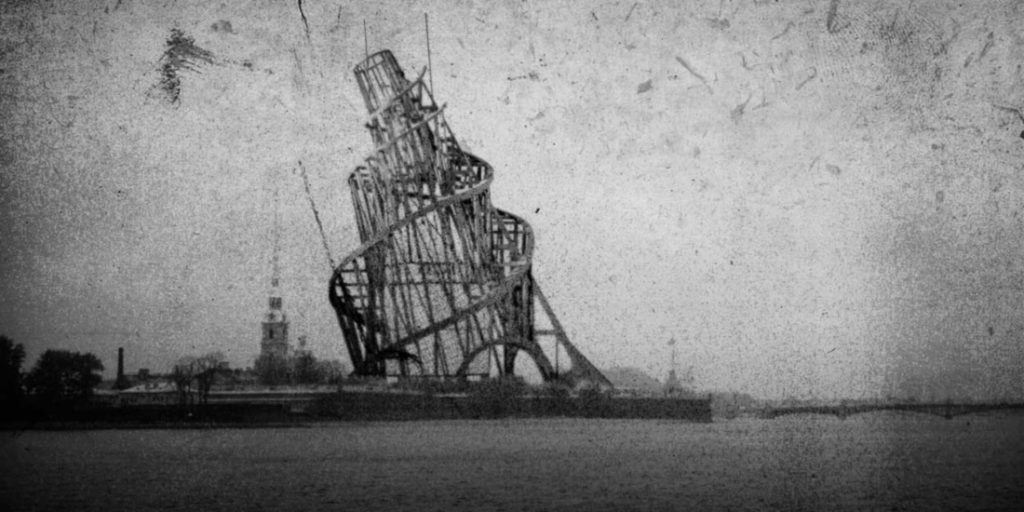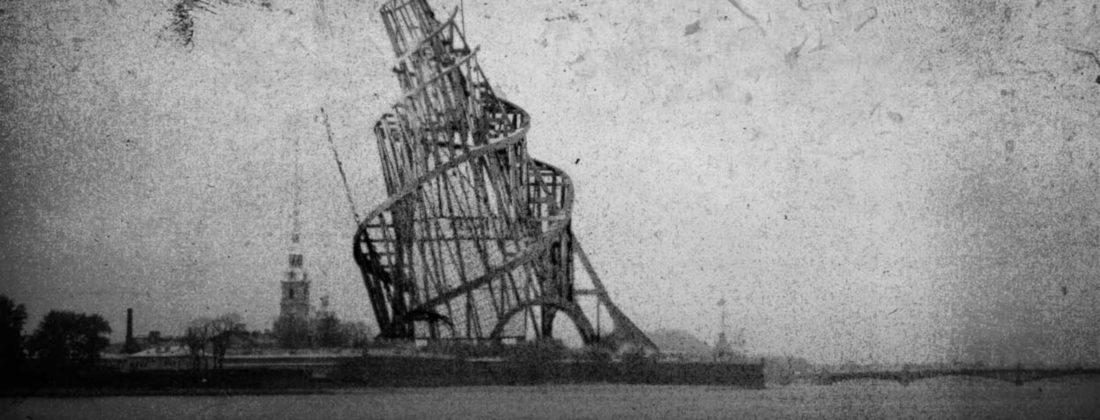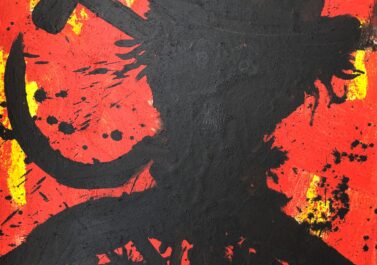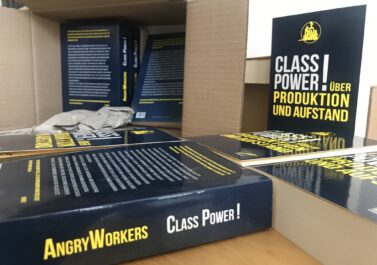
For the last three months comrades around the new German-language blog project Communaut have been engaged in debate over some of the fundamental questions of communist organisational practice. First and foremost: what role to communists have in the struggle for communism, and how should we organise ourselves accordingly? On one level it might be fair to question the value of relitigating these old debates, especially when, at their worst, these conversations all too often involve simply wheeling out the old mummies for a spin. We’ve decided to translate and republish the debate though because as far as we can see these questions remain basically unavoidable. There’s still a lot to learn from past experience, and in this case we see some genuine attempts to reassess the existing theory, and more importantly practice, of the ‘anti-authoritarian communist milieu’.
With that said, although we share some of its starting premises, the debate so far has its limitations. Some contributors appear to be talking past each other, or at least missing the point or meaning of certain perspectives in the discussion. The first text, for example, ‘What is to Be Done in Times of Weakness?’, reheats the old debate between organisation and spontaneity. Against us, Endnotes, and the Friends of the Classless Society, the authors’ stress the limits of spontaneous struggles and the necessity of organisation in the form of the party. The strange thing is, though, that, for all our differences, we, Endnotes, and the Friends of the Classless Society all agree on the limited character of spontaneous struggles and the necessity of conscious, coordinated intervention. We and Endnotes even remain open to ‘the party’ as a term for these forms of coordination.
The real points of disagreement are not about ‘organisation vs. spontaneity’ at all, but about the forms of organisation and their relationship to struggles. ‘What is to Be Done in Times of Weakness’ retains a classical opposition between ‘political’ and ‘economic’ struggles, and with it fairly traditional ideas about strategy. Although capitalist society does produce a real separation between politics and economics (expressed basically in the state on one side and the market on the other), they also have a contradictory, material unity, as capital depends upon the state for its reproduction (e.g. for monetary stability, the rule of law, the reproduction of labour power), and the state’s reproduction depends on capital in turn (e.g. for taxes and credit). When ‘What is to Be Done…’ mischaracterises Angry Workers as remaining limited to the economic level, they miss this contradictory unity, and the ‘social’ and ‘political’ dimensions of ‘economic’ struggles. Without wanting to labour the point too heavily, they misapply to us exactly the same critiques we make of syndicalism in ‘Class Power on Zero Hours’. At any rate, part of the impetus for our project has always been to unify struggles inside and outside the workplace.
Some of these misunderstandings are possibly inevitable given the abstract level of the debate. Beyond some general references to deindustrialisation, the discussion has so far neglected detailed analyses of the relationship between class composition and political organisation, both in history and the present. As a result, generalisations have tended to be sweeping and actual proposals vague. Although the contributors are struggling over questions of future orientation (for or against a minimum programme, for a mass party or minority party, etc.), we think this orientation needs to be grounded in the present. For us the question of ‘organisation’ has to be related to concrete current tendencies within the struggles of our class. How does ‘organisation’ actually help us to understand complex movements, such as the Yellow Vests or current Greenpass protests, and allow us to intervene from a working class perspective? Where do we see actual potentials for generalisation in the current series of defensive strikes against job cuts and ‘rising living costs’, and how would we try to support them? What role do the actually-existing ‘mass organisations’ of the working class, in our case the mainstream trade unions and Labour Party, play in current disputes, and what would it actually mean to ‘work within them’, as the authors of the initial article propose? How should we approach all of these questions? Reassessing some of the classic works on class composition might still prove fruitful, in this respect.
There’s a lot more that could be said about the existing contributions, but we’ve decided to wait for some clarifications from a few upcoming texts before weighing up a longer reply. In the meantime, let’s see where this goes. Below you can find English translations of the main articles of the debate so far. Join the discussion!
—-
The original contribution ‘What is to be done in times of weakness’ by Katja Wagner, Lukas Egger and Marco Hamann can be found here.
The reply ‘Inaccurate and dogmatic’ by Felix Klopotek can be found here.
The response ‘No mysticism in times of weakness’ by Aaron Eckstein, Ruth Jackson and Stefan Torak can be found here.
The contribution ‘Notes on the organisation and strategy debate’ by Robert Schlosser can be found here.
The text ‘Bolshevism as an alternative to self-imposed impotence’ by Fredo Corvo can be found here.



